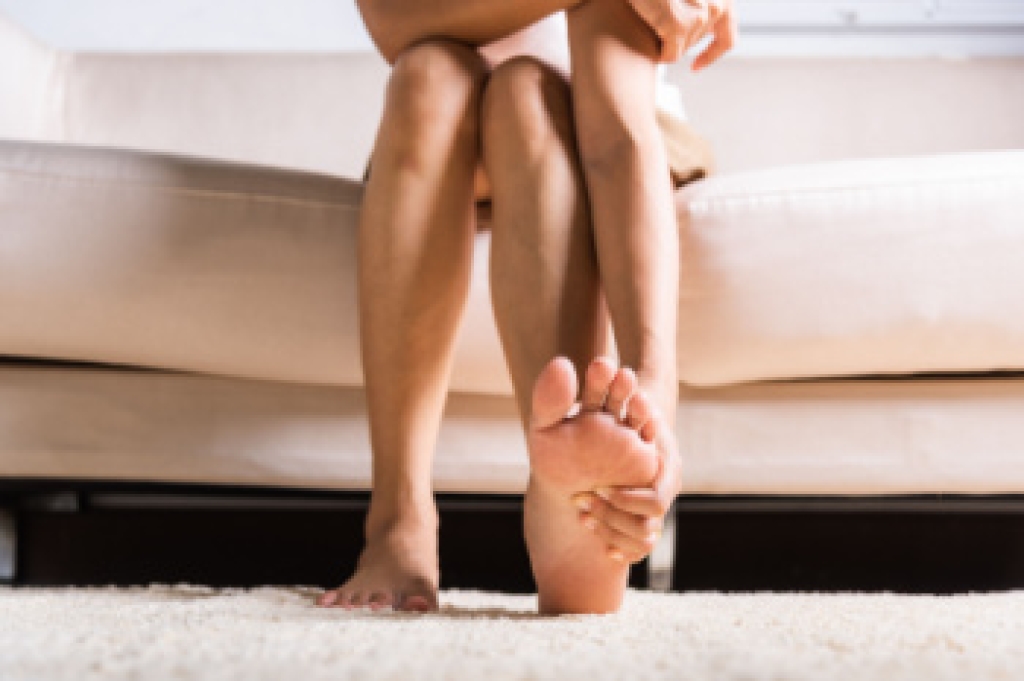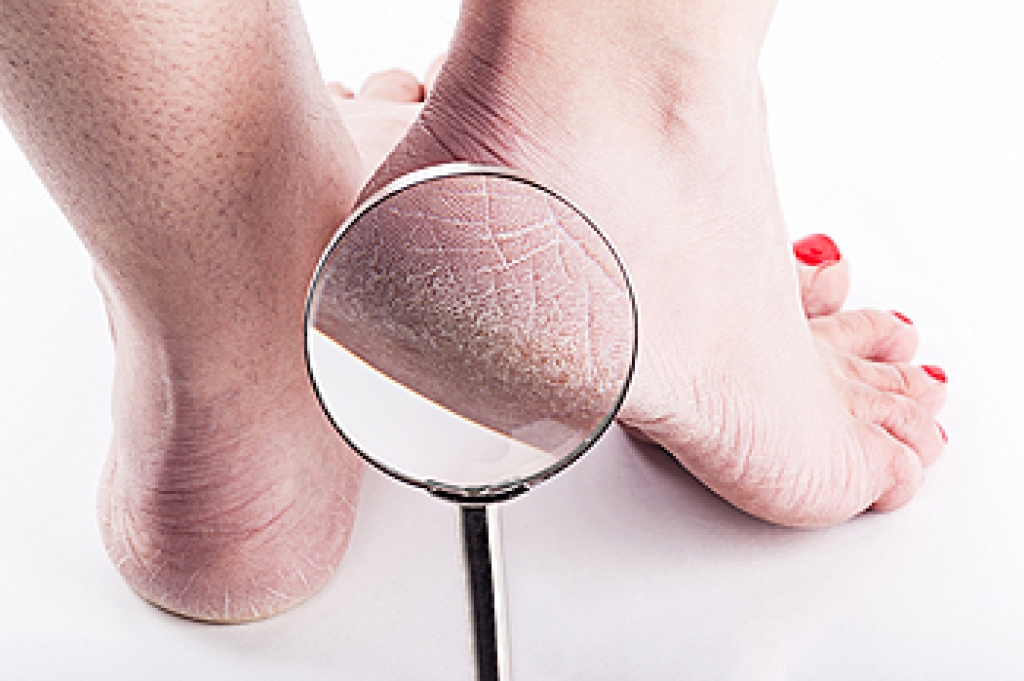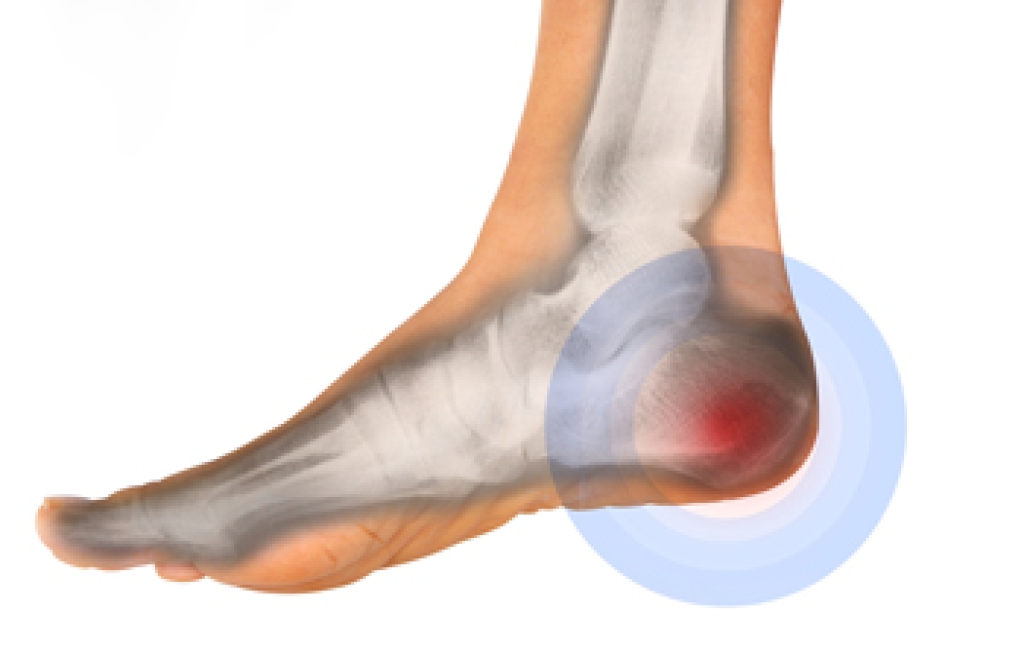
Thyroid acropachy is a rare condition linked to autoimmune thyroid disease, most often associated with Graves disease. It causes changes in bones and soft tissues of the hands and feet. In the feet, symptoms may include swelling, clubbing of the toes, skin thickening, and discomfort that affects walking or shoe fit. These changes result from immune system activity that triggers inflammation and abnormal bone growth. Thyroid acropachy usually appears after other thyroid-related symptoms have been present and may occur alongside eye or skin involvement. Treatment focuses on managing the underlying thyroid condition and reducing inflammation. Wearing supportive footwear, custom orthotics, and monitoring foot structure can help maintain comfort and mobility. Because symptoms can mimic other foot disorders, proper evaluation is important. If unusual swelling, toe changes, or foot discomfort occur with thyroid disease, it is suggested that you see a podiatrist for an accurate diagnosis and appropriate care.
When dealing with systemic disease of the feet, it is extremely important to check the affected areas routinely so that any additional problems are caught quickly. If you have any concerns about your feet and ankles contact one of our podiatrists from Lexington Foot and Ankle Center, PSC. Our doctors will assist you with all of your podiatric needs.
Systemic Diseases of the Feet
Systemic diseases affect the whole body, and symptoms usually are displayed in the feet. This condition can make a patient’s ability to walk unbearable. Systemic diseases include gout, diabetes mellitus, neurological disorders, and arthritis.
Gout – is caused by an excess of uric acid in the body. Common symptoms include pain, inflammation, and redness at the metatarsal/phalangeal joint of the base big toe. Gout can be treated by NSAIDs to relieve pain and inflammation, and other drugs that lower the acid levels in the body.
Diabetes mellitus – is an increase in the level of blood sugar that the body cannot counteract with its own insulin. Failure to produce enough insulin is a factor in Diabetes.
Diabetes of the Feet
Diabetic Neuropathy – may lead to damaged nerves and affect the feet through numbness and loss of sensation.
Peripheral Vascular Disease – can restrict the blood flow to the feet, and often times lead to amputation of the feet.
If you have any questions please contact our offices located in Harrodsburg, Frankfort, Georgetown, and Lexington, KY . We offer the newest diagnostic and treatment technologies for all your foot and ankle needs.



